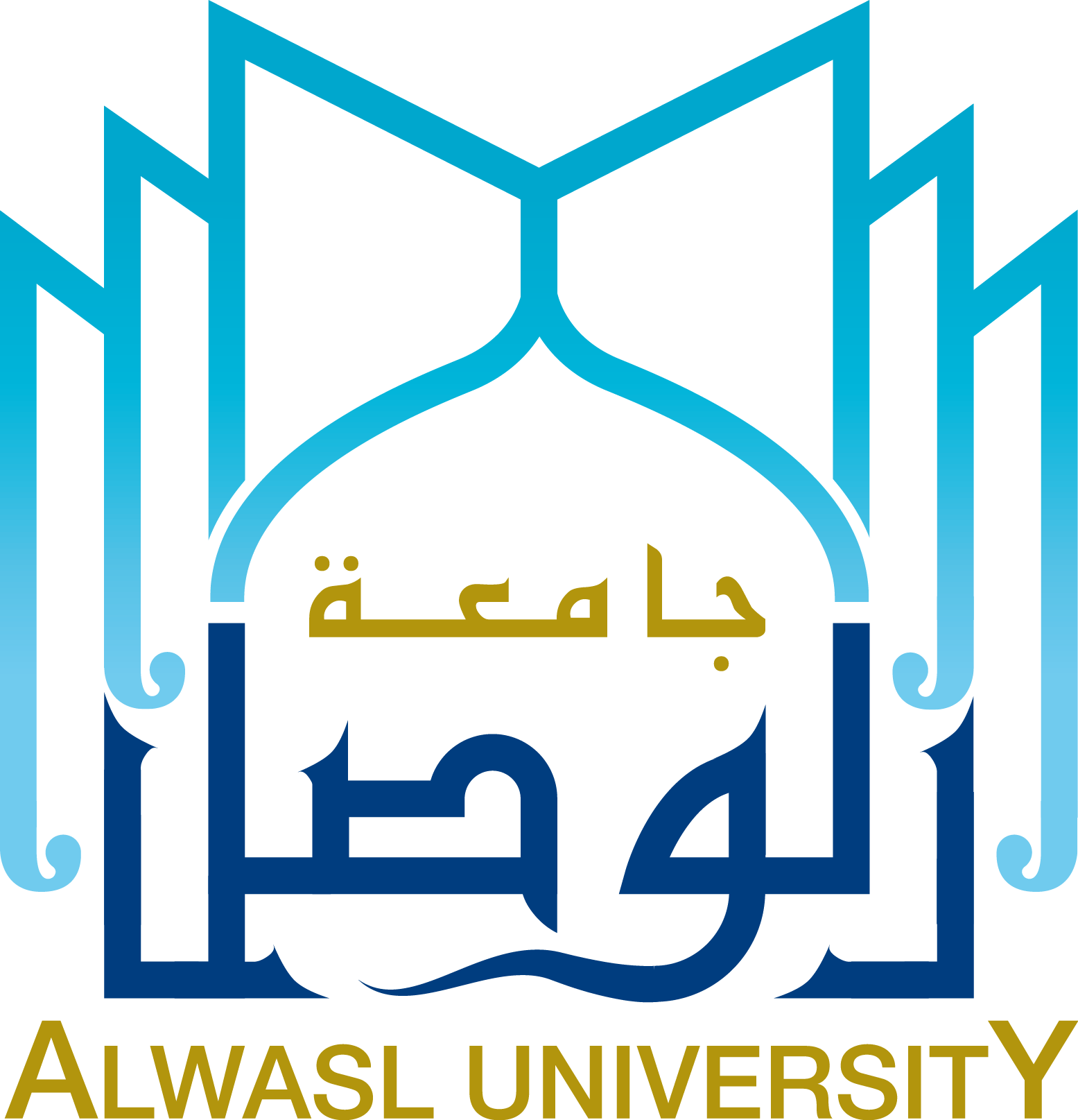A Welcome from the Program Director
On behalf of my colleagues in the Department of Arabic Language and its Literature at the Faculty of Arts, Al Wasl University, I warmly welcome all visitors to the website, including students, researchers, and anyone interested. I hope that everyone finds what they are seeking and achieves their goals, gaining knowledge about the department’s vision, mission, objectives, programs, and plans.

The department offers four accredited programs: Bachelor of Arabic Language and its Literature, Master of Arabic Language with two specializations (Linguistic Studies and Literary and Critical Studies), as well as two Doctor of Philosophy programs in Linguistics and Literary and Critical Studies.
All the programs offered by the department are in line with the university’s vision and mission of serving the community by promoting the Arabic language, updating and developing it in the context of scientific, social, and cultural changes, linking university education to practical life, and aligning with the needs of students and the job market through curricula, programs, teaching, and scientific research.
The department aims to serve the community, preserve cultural heritage, contribute to human knowledge, and prepare graduates with enlightened minds that combine authenticity and innovation in Arabic language sciences and its literature. Such graduates can contribute to the service and sustainable development of the UAE community, as well as the preservation of Arab-Islamic identity.
The study of the Arabic language, as the language of the Quran and society, ensures the preservation of the Arab cultural heritage and a correct understanding of the purposes of Islamic law. This is achieved through teaching courses that help perpetuate Arab-Islamic civilization and its cultural heritage and develop literary taste. The programs include many literary and linguistic courses that introduce us to the creative Arab cultural heritage in poetry, prose, and rhetoric, portraying Arab personality throughout the ages and its various manifestations, thus enriching the cultural resources of the Arab personality and contributing to refining its character, enabling it to continue creativity and thus contribute to modern human civilization.
Through its programs and plans, the department endeavors to keep pace with everything new related to theories and modern sciences, aiming to develop language skills as a means of communication, enhance creativity, and promote advanced thinking that keeps up with rapid changes in the presentation of human knowledge. Finally, we aspf the Department ire to continuous interaction and active participation from website visitors, providing us with their suggestions to contribute to providing what meets their needs and to be included in the continuous development plan for the website
Director oof Arabic to facilitate access to the desired information.
Dr. Hamdi Abdelhamid
Director of the Department of Arabic Language
Vision:
To innovate unprecedented methods to achieve the highest quality in the field of Arabic language sciences and skills.
Mission:
To prepare specialists in linguistic and literary studies, equipped with advanced communication skills, capable of applying this knowledge and experience in research fields and all areas of work that require the use of Arabic language, literature, and its techniques. They should be knowledgeable about the nation’s heritage, and open to the curricula and schools of others.
Objectives:
To enable the student to have a systematic scientific knowledge of the Arabic language, including grammar, morphology, and linguistics.
To deepen the cognitive awareness that qualifies the student to know the periods of Arabic literature and its criticism from ancient times to the present.
To enable the student to access sources and references that establish and substantiate linguistic, rhetorical, literary, and critical sciences.
To emphasize the student’s affiliation to their national, religious, and linguistic identity.
To enhance critical systematic thinking and continuous learning for the student.

